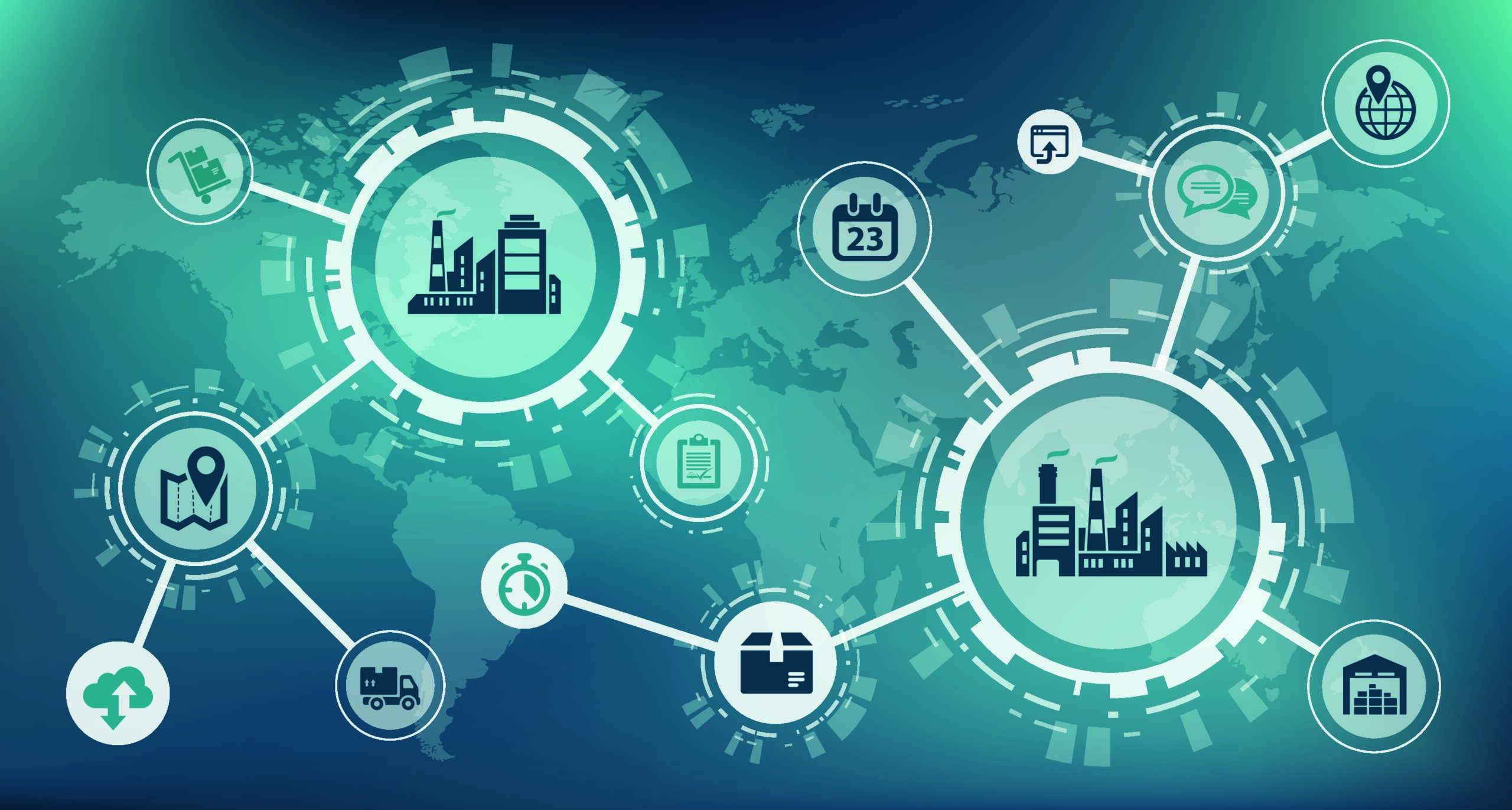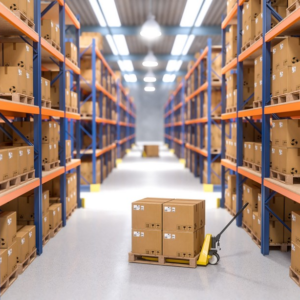Manufacturers who previously looked at data, analytics, IoT and robotics to drive efficiency now see them as tools to increase resiliency during uncertain times.
Manufacturers and suppliers are taking a second look at digital transformation as they strive to operate in the new uncertainty of COVID-19. While they previously looked to technologies such as data, IoT, robotics and analytics to drive efficiency, they’re now viewing them as a means to increase resiliency in disruptive times.
“COVID-19 is vastly accelerating digital transformation,” Mary Long, director of the Supply Chain Forum at the University of Tennessee Knoxville, told Supply Chain Dive.
As the pandemic has thrown the world into economic upheaval, manufacturers and supply chain leaders are reconsidering digital initiatives that previously sat on the back burner, Long said.
“We just took a huge leap forward. Companies that have always taken the safe, always-as-it-was approach are suddenly looking at anything that takes touches out of the system,” she said.

COVID-19 spurs a leap to digital
Some of the easiest and lowest-cost digital initiatives can pay off in a time like this. For example, many have started by moving antiquated warehouse and delivery paper-processes to digital formats, Long said. Those with more access to capital are considering easy-to-deploy robotics solutions to support human labor and adopting IoT and sensors to better track materials.
As companies respond to address immediate needs, many are looking at solutions that offer visibility and flexibility, Stephan Zech, partner at Bain & Company, told Supply Chain Dive. Advanced analytics can improve supply forecast accuracy by up to 60%, and companies with more resilient supply chains can more easily meet customer demands in a shifting market, according to Bain. Eighty-five percent of Bain’s clients say they are investing in big data and analytics right now, Zech said.
Industrial products and pharmaceutical manufacturers are looking more to smart factory initiatives while consumer-oriented companies are focusing on demand-sensing technologies and preventative maintenance solutions for machinery and equipment, Jim Kilpatrick, global supply chain & network operations leader at Deloitte, told Supply Chain Dive.
“There’s no question in my mind that, both in the recovery phase of the crisis and [when] we come out of this, it is clearly going to accelerate the digitalization of supply chains,” Kilpatrick said.




